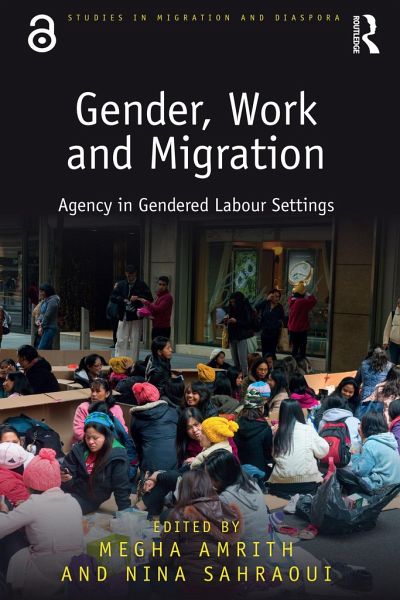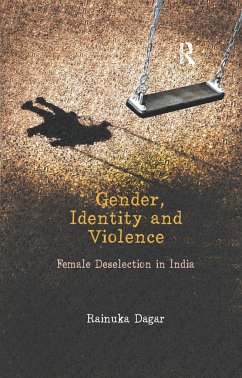
Gender, Work and Migration
Agency in Gendered Labour Settings
Herausgeber: Amrith, Megha; Sahraoui, Nina
Versandkostenfrei!
Versandfertig in 1-2 Wochen
56,99 €
inkl. MwSt.
Weitere Ausgaben:

PAYBACK Punkte
28 °P sammeln!
This book focuses on migrants employed in sectors of the economy that are typically regarded as marginal or precarious - domestic and care work in private settings, cleaning work in hospitals, call centre labour, the selling of sex - to understand the aspirations and mobilities of migrants in relation to questions of gender and labour.














